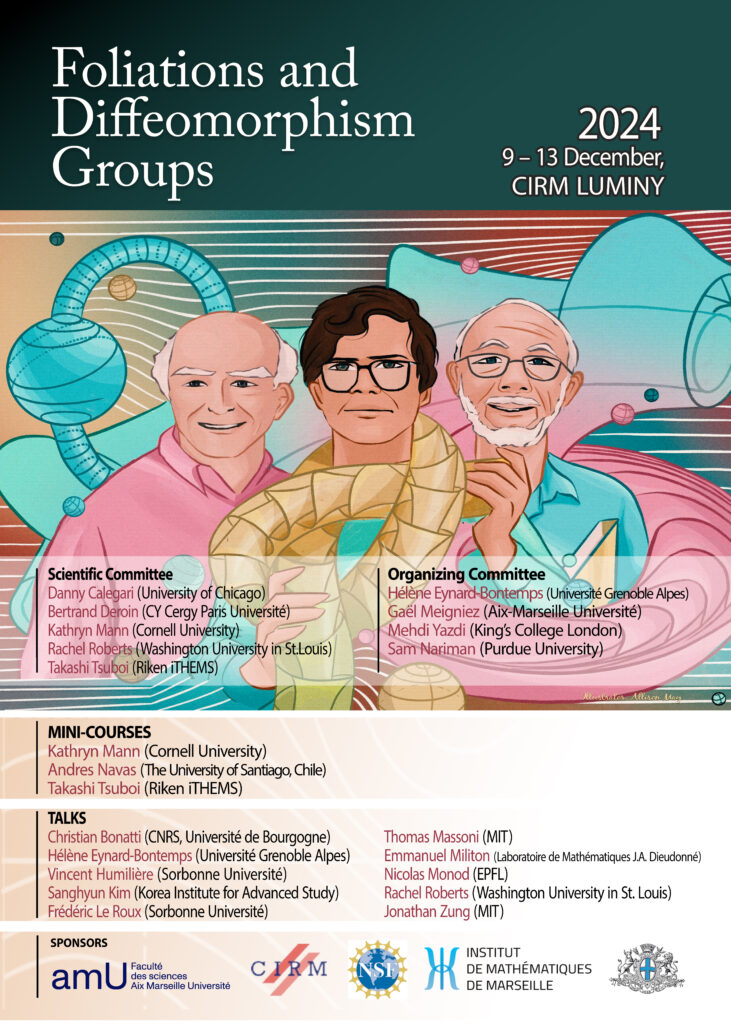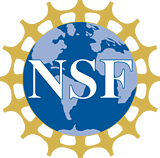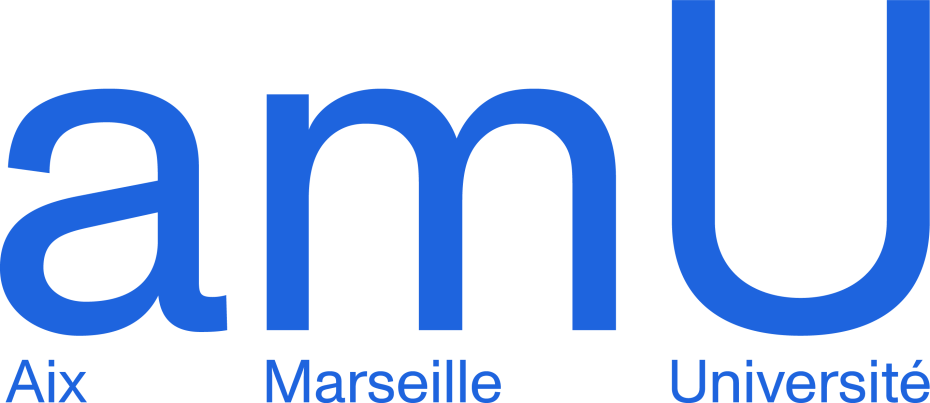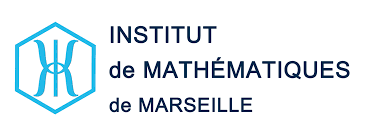Scientific Committee
Comité scientifique
Danny Calegari (University of Chicago)
Bertrand Deroin (CY Cergy Paris Université)
Kathryn Mann (Cornell University)
Rachel Roberts (Washington University in St.Louis)
Takashi Tsuboi (Riken iTHEMS)
Organizing Committee
Comité d’organisation
Hélène Eynard-Bontemps (Université Grenoble Alpes)
Gaël Meigniez (Aix-Marseille Université)
Sam Nariman (Purdue University)
Mehdi Yazdi (King’s College London)
The study of diffeomorphism and homeomorphism groups of manifolds is intimately tied to the study of foliations, and some of the most prominent open problems in the area such as the Haefliger–Thurston conjecture and the L-space conjecture are concerned with the connections between these two subjects.
In the past decade, there has been much progress on both fronts including dynamics of group actions on manifolds and the regularity of actions and foliations, algebraic properties of diffeomorphism groups, invariants of foliations, the Mather–Thurston homology equivalence, the group cohomology of diffeo-morphism groups and their boundedness properties, understanding the topology of spaces of foliations, representation of surface groups into diffeomorphism groups of the circle, and actions of 3-manifold groups on 1-manifolds via taut foliations.
The goal of the conference is to bring together international experts and young researchers working in foliations theory, diffeomorphism groups, 3-manifold topology, bounded cohomology, and 1-dimensional dynamics to share their insights and expertise and to foster collaborations that will lead to progress on important problems in both areas. Furthermore, to navigate the impact of the recent advances in each of these areas on the others, there will be minicourses to introduce young researchers to some of the major recent advances in these areas and there will be problem sessions and informal learning groups to come up with new problems within the scope of current techniques and long term projects between the subfields.
L’étude des groupes de difféomorphismes et d’homéomorphismes de variétés est intimement liée à celle des feuilletages, et certains des problèmes ouverts les plus célèbres du domaine comme la conjecture d’Haefliger–Thurston et la conjecture du L-espace, concernent les connexions entre ces deux sujets.
Au cours de la dernière décennie, il y a eu d’importantes avancées sur les deux fronts notamment concernant la dynamique des actions de groupes sur les variétés et la régularité des actions et des feuilletages, les propriétés algébriques des groupes de difféomorphismes, les invariants des feuilletages, l’équivalence d’homologie de Mather-Thurston, la cohomologie des groupes et la cohomologie bornée des groupes de difféomorphismes, la topologie des espaces de feuilletages, les représentations de groupes de surfaces dans les groupes de difféomorphismes du cercle, et les actions de groupes de 3-variétés sur les 1-variétés via les feuilletages tendus.
Le but de la conférence est de réunir des experts internationaux et de jeunes chercheurs travaillant en théorie des feuilletages, groupes de difféomorphismes, topologie des 3-variétés, cohomologie bornée et dynamique unidimensionnelle afin qu’ils partagent leurs visions et leurs expertises et dans le but d’encourager des collaborations qui permettront de progresser sur d’importants problèmes dans les deux domaines. De plus, pour répercuter les avancées récentes de chacun des sous-domaines sur les autres, il y aura des mini-cours qui présenteront aux jeunes chercheurs certaines des principales avancées récentes dans ces domaines, et des sessions de problèmes et des groupes de travail informels pour dégager de nouveaux problèmes accessibles à l’aide des techniques actuelles et des projets à longs termes entre les différents sous-domaines.
MINI-COURSES
A theorem of Barbot (building on work of Ghys, Haefliger and others) says that Anosov flows on 3-manifolds are classified up to orbit equivalence by the data of a pair of transverse foliations of the plane and an action of the fundamental group of the 3-manifold.
In recent work with T. Barthelmé, as well as C. Bonatti, S. Fenley and S. Frankel, we have been developing an abstract theory of Anosov-like group actions of bifoliated planes, applicable both to the study of flows and as an interesting class of foliation-preserving dynamical systems in its own right. This minicourse will explain some of this theory and the connections between flows and group actions in dimensions 1, 2 and 3.
Studying the (closure of the) (semi-)conjugacy class of a given group action on a 1-manifold is interesting from many points of view. Depending on the manifold and/or the differentiability involved, one is faced with problems concerning small denominators, growth of groups / orbits, distortion elements, bounded cohomology, group orderability, etc. In this minicourse we will explore several general results on this topic such as the $C^1$ smoothing via (semi-)conjugacies of small group actions and obstructions in class $C^2$ and higher. We will also explore some of the ideas involved in the proof of the connectedness of the space of $\mathbb{Z}^d$ actions by diffeomorphisms of $C^{1+ac}$ regularity (obtained in collaboration with H. Eynard-Bontemps).







